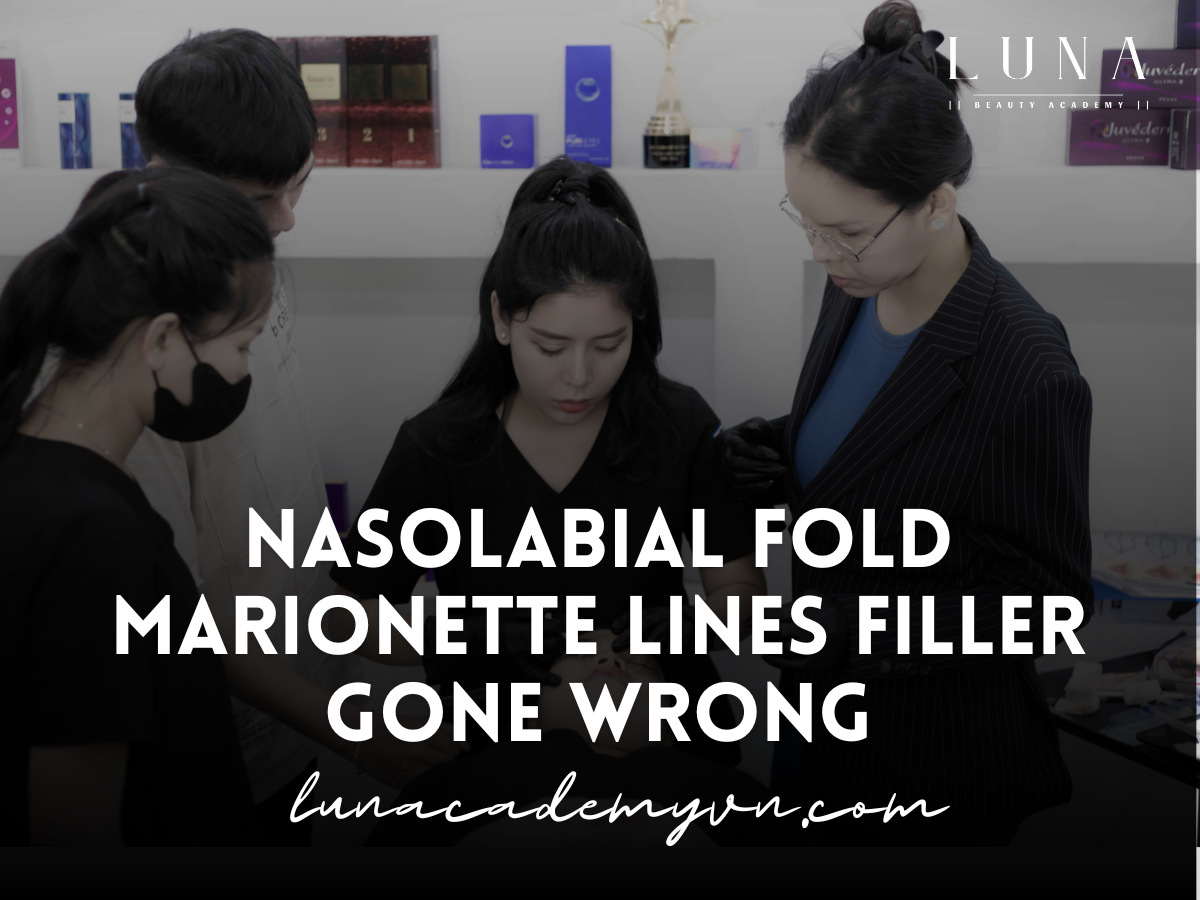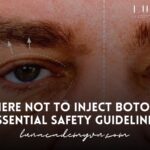Nasolabial fold marionette lines filler gone wrong are a popular cosmetic treatment aimed at reducing deep wrinkles and restoring volume to the face. Two of the most treated areas are the nasolabial folds (the lines that extend from the sides of the nose to the corners of the mouth) and marionette lines (the lines that run downward from the corners of the mouth). While fillers can provide impressive results, there are cases where the outcome is less than ideal. Issues like worsened wrinkles, lumps, or an unnatural look may arise. This article will explore why fillers in these areas can sometimes go wrong, how to recognize potential problems, and what to expect in terms of filler amounts.
Table of Contents
ToggleWhy Do My Marionette Lines Look Worse After Fillers?
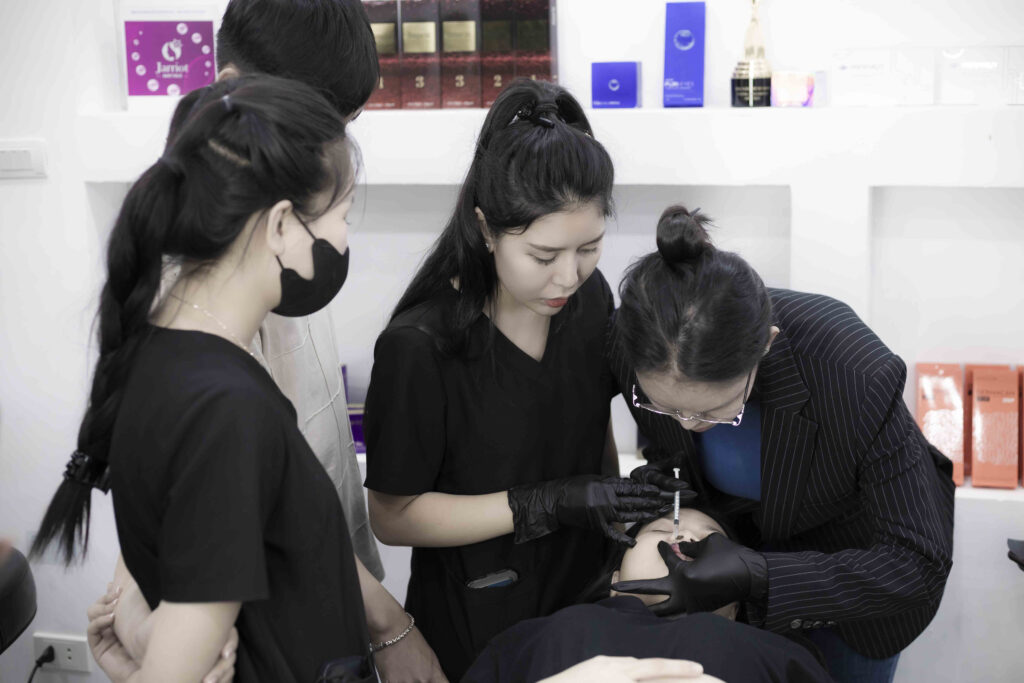
A common issue for patients after getting fillers in the marionette lines is that the lines appear more prominent than before the treatment. This can be disappointing for those expecting to see smoother skin and a more youthful appearance. Several factors could explain why marionette lines might worsen after a filler procedure.
1. Incorrect Filler Placement
The effectiveness of dermal fillers relies heavily on the precision of the injection site. If the filler is placed too close to the surface, it may cause puffiness, making the marionette lines appear more pronounced. Alternatively, if the filler is injected too deep, it may not sufficiently address the wrinkle, leaving the area looking the same or even worse.
2. Volume Imbalance in the Face

Sometimes, focusing only on marionette lines without considering other areas of the face (such as the cheeks) can lead to disproportion. If there’s significant volume loss in surrounding areas, this can create the illusion that the marionette lines are more prominent, even though filler has been applied. Comprehensive facial assessment is critical before injecting fillers to avoid this issue.
3. Temporary Swelling or Bruising
After filler injections, swelling and bruising are common side effects that can temporarily make marionette lines look worse. While these side effects typically subside after a few days, improper injection techniques or the use of excessive product can lead to prolonged swelling and a more exaggerated appearance of the lines.
4. Filler Migration
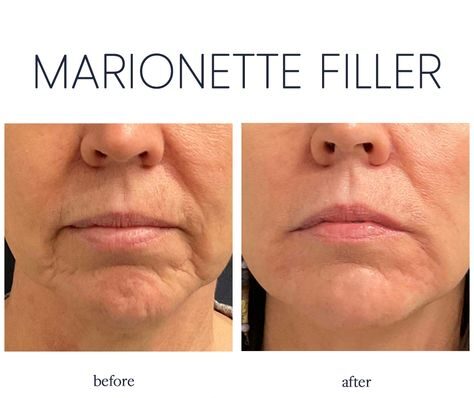
In some cases, fillers may migrate from the initial injection site. Filler migration can cause the marionette lines to look uneven or bumpy, leading to an unnatural appearance. This can occur when the filler is injected in an area with high mobility or when the wrong type of filler is used for the region.
5. Overfilling the Area
Overcorrection, or injecting too much filler into the marionette lines, can cause the area to appear puffy and unnatural. In these cases, instead of a smooth and youthful look, the patient may end up with an exaggerated or swollen appearance.
6. Underlying Facial Asymmetry
If a patient already has some degree of asymmetry in their face, filler injections can sometimes make this more apparent. Even slight differences in filler volume on each side of the face can highlight or worsen existing asymmetries, making marionette lines look uneven or more prominent.
Can Nasolabial Fold Fillers Go Wrong?
Yes, nasolabial fold fillers can also go wrong, leading to several complications that patients should be aware of before committing to the procedure. Although fillers are generally safe when administered by a trained professional, mistakes can still happen.
1. Overcorrection and Under-Correction
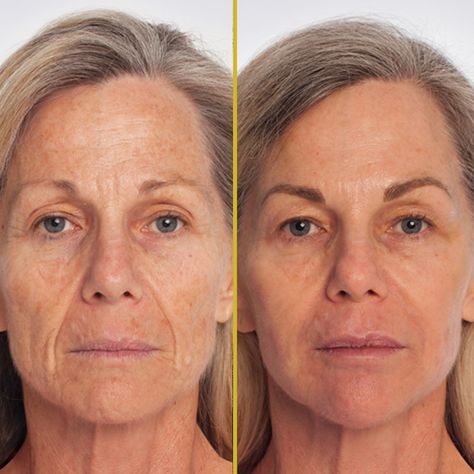
Overcorrection occurs when too much filler is used in the nasolabial folds, leading to a bulky or unnatural look. On the flip side, under-correction can happen when too little filler is applied, resulting in minimal improvement. Striking the right balance in filler volume is essential for achieving natural-looking results.
2. Lumps and Uneven Texture
Lumps or uneven texture can develop if the filler is injected incorrectly or too close to the surface of the skin. These lumps may sometimes be massaged out, but persistent lumps may require dissolving the filler with hyaluronidase, an enzyme that breaks down hyaluronic acid-based fillers.
3. Filler Migration
As with marionette lines, nasolabial fold fillers can sometimes migrate from the injection site. This can lead to an uneven distribution of the filler, causing lumps, bumps, or a distorted facial appearance. It is more likely to occur if the filler is placed in areas with significant movement or if the filler isn’t suitable for the specific area.
4. Unnatural Appearance
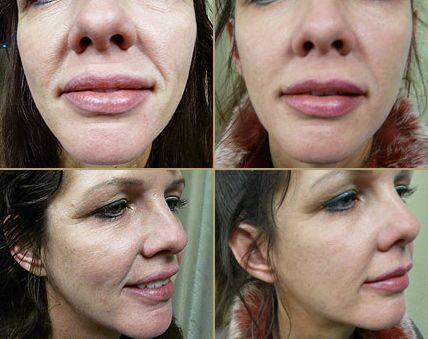
An overfilled nasolabial fold can lead to a stiff, unnatural look. In some cases, patients report that their face appears swollen or distorted, especially if the filler is injected too high or too low. Achieving a natural-looking result depends on the skill of the injector and a good understanding of facial anatomy.
5. Infection or Allergic Reaction
Although rare, infections or allergic reactions can occur after dermal filler injections. Signs of infection include redness, swelling, pain, or the development of hard nodules at the injection site. Patients experiencing these symptoms should seek medical attention immediately.
6. Asymmetry
Even the most skilled practitioners can sometimes cause asymmetry during filler treatments. This can result from uneven filler placement or differences in how the tissue responds to the product. While mild asymmetry is common and can be corrected, noticeable imbalances may require additional treatments.
How Much Filler for Nasolabial Folds and Marionette Lines?
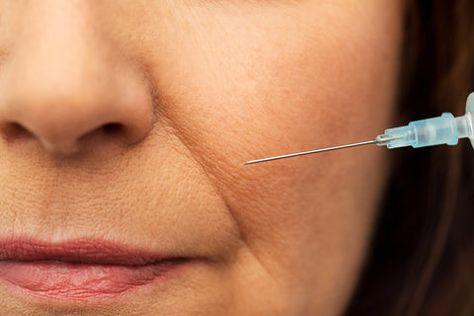
The amount of filler needed for nasolabial folds and marionette lines depends on several factors, including the severity of the wrinkles, the patient’s facial structure, and the type of filler used. Here are general guidelines for how much filler is typically required.
1. Mild to Moderate Nasolabial Folds
For patients with mild to moderate nasolabial folds, 1 to 2 syringes (1 ml per syringe) of dermal filler is usually enough to achieve noticeable improvement. This amount can smooth out the folds without creating an overfilled or bulky appearance.
2. Severe Nasolabial Folds
For deeper nasolabial folds, 2 to 4 syringes of filler may be necessary. However, it is often advisable to take a gradual approach by starting with less filler and adding more during follow-up appointments. This helps to avoid overcorrection and ensures a more natural result.
3. Marionette Lines
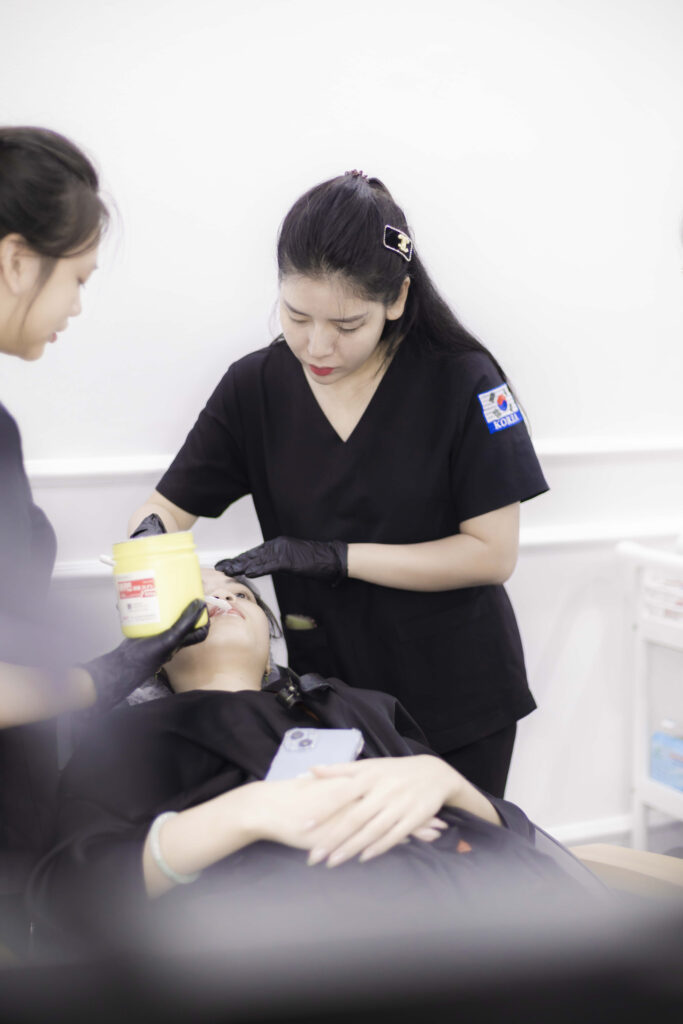
The amount of filler needed for marionette lines can vary depending on the depth and severity of the lines. Typically, 1 to 2 syringes are sufficient for mild lines, while deeper marionette lines may require 2 to 3 syringes for optimal results.
4. Combining Treatments for Nasolabial Folds and Marionette Lines
In many cases, treating both nasolabial folds and marionette lines at the same time leads to more balanced and harmonious results. Patients may require 2 to 4 syringes of filler in total, depending on the extent of the lines and the overall condition of the face.
How Do You Know If You Have Too Much Filler in Your Nasolabial Folds?
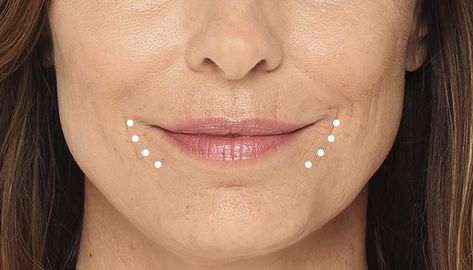
Recognizing when too much filler has been used in the nasolabial folds is crucial to maintaining a natural appearance. Here are some signs that you may have too much filler:
1. Puffiness or Swelling
A puffy or swollen look that persists after the initial recovery period can indicate overfilling. While some swelling is expected immediately after treatment, excessive or prolonged puffiness suggests that too much filler may have been used.
2. Heavy or Bulky Appearance
An overfilled nasolabial fold can make the lower face appear heavy or bulky. This unnatural look is a common sign that too much filler has been injected. The goal of filler is to enhance the face’s natural contours, not distort them.
3. Asymmetry
If one side of your face appears fuller or more pronounced than the other, it could be a result of uneven filler placement. Asymmetry can also occur if more filler is used on one side than the other, creating an imbalance.
4. Difficulty Smiling or Moving the Mouth

Excessive filler in the nasolabial folds can sometimes interfere with the movement of the mouth. If you have difficulty smiling or notice that your mouth feels stiff or heavy, this could be a sign of overfilling in the area.
5. Lumps or Irregularities
If you notice lumps, bumps, or uneven texture in the nasolabial fold area, it’s possible that too much filler was used. These irregularities may need to be addressed by massaging the area or, in some cases, dissolving the filler with hyaluronidase.
In summary, while nasolabial fold and marionette line fillers are effective in reducing deep wrinkles and restoring facial volume, there are risks involved. Fillers can go wrong if not performed by an experienced professional, leading to overfilling, lumps, or an unnatural look. Ensuring that the right amount of filler is used and placed correctly is essential for achieving balanced and youthful results. Always consult a skilled injector to avoid complications and ensure that you’re happy with the outcome.
Contact us via other platforms if you have any questions or requests that need to be answered quickly.
Tiktok: www.tiktok.com/@lunabeautyacademy6
Hotline: 034 254 0228
Email: lunabeautyacademy@gmail.com
Address: No. 29, Alley 140/1/2, Lane 140 Nguyen Xien, Thanh Xuan, Hanoi
Luna wishes you success and hopes you will have the best experiences at the academy. If you need advice or answers about anything, please leave your Contact Information With Us, the Luna team will contact you soon. Thank you for reading this article.

